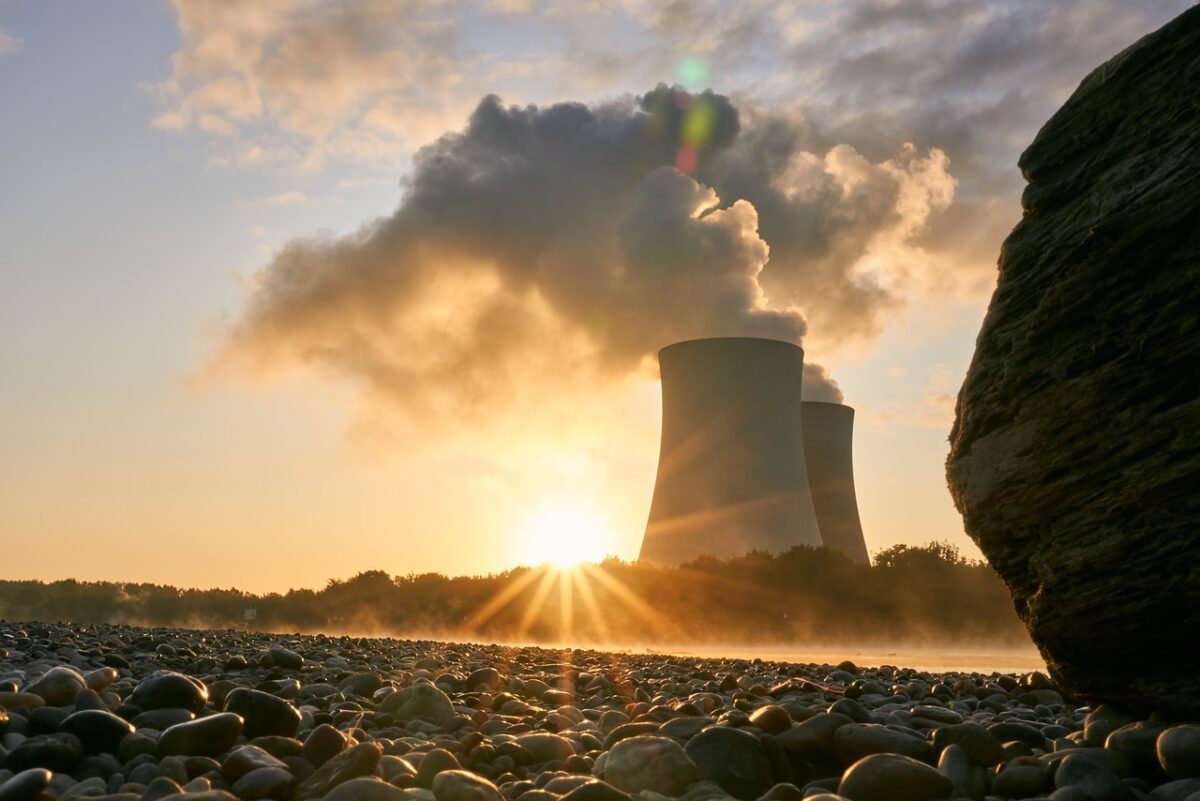- cross-posted to:
- technology@lemmy.world
deleted by creator
deleted by creator
What makes you think personal renewable are going to be more efficient than large scale renewables? The sun doesn’t magically shine in the middle of the night on personal homes, the wind doesn’t magically blow only in residential areas…
Those potentially have the same issue. The solution to filling the gaps in production from renewable sources is not necessarily more panels or more windmills, it’s having energy storage somewhere to keep surplus energy when it’s being produced (e.g. during the day, or when the wind is blowing) available to be used when it’s not.
So in your example, each home could also have its own battery bank. Or, a larger battery bank could be placed somewhere on the electricity grid.
deleted by creator
If your appliances are efficient and your usage is moderate, you don’t need much to generate enough power to run your home. And, provided you don’t also need to charge an EV in the garage…
The 8 Bit Guy just did a video detailing his setup, which is all solar panel driven, and he rode out a day in the recent Texas heat running his air conditioners and so forth just on his solar panels and stored backup power. He has a comparatively rinky-dink number of panels, just a few over his little side porch and a couple more hung on his fence.
I imagine someone with one side of their roof paneled plus or minus a small windmill could easily power their own home as well as provide a surplus to charge a battery bank.
deleted by creator
Here is an alternative Piped link(s): https://piped.video/watch?v=W3lSjuLAAVQ
Piped is a privacy-respecting open-source alternative frontend to YouTube.
I’m open-source, check me out at GitHub.
deleted by creator
deleted by creator
deleted by creator
This is actually kind of a bad solution.
The reality is that any form of power generation needs more than just the panels or turbine. You need sufficient cabling/conduit and, often, cooling/heating to keep it viable. And you need a large battery* to store excess energy. Let alone anything required to feed it back into the grid.
All of which is expensive in terms of resources and cost and maintenance.
That ALSO ignores the other elephant in the room. Technology Connections did a GREAT video on this but, as a high level summary: Even ignoring the wealth inequality between those who can and can’t afford their own energy collection system, this pretty much breaks the power grid model. Because maybe you live in an area where every house can be power neutral (or even positive) during the spring and fall. Come summer you need to turn the ACs on which means you need something to help pick up the slack at peak hours. Which is a power plant of some form.
If everyone is not paying their power bill six months out of the year? The cost of that power goes up drastically because now there are fewer people paying for maintenance or even just baseline operation.
No. Personal renewable energy is nice. And I would argue all office buildings should mandate them as part of construction/retrofitting. But we still need to put the onus on the power grid as a whole to account for cloudy days or people running the AC AND the dryer at the same time.
*: EVs with “vehicle to load” capability are arguably a way to subsidize this cost. Smaller battery but it is something that, theoretically, every household would have. There are ALSO concerns over the increased number of cycles but… But the main issue is that… people tend to be out of the house during the day. So your battery won’t be part of the system during peak sun hours.
deleted by creator
This is a misrepresentation of what he said, which was a discussion on net metering and high feed in tarriffs.
The people with surplus can pay for the grid infrastructure with energy they produce consumed elsewhere at whatever its value is. When they have no surplus they can pay with money.






